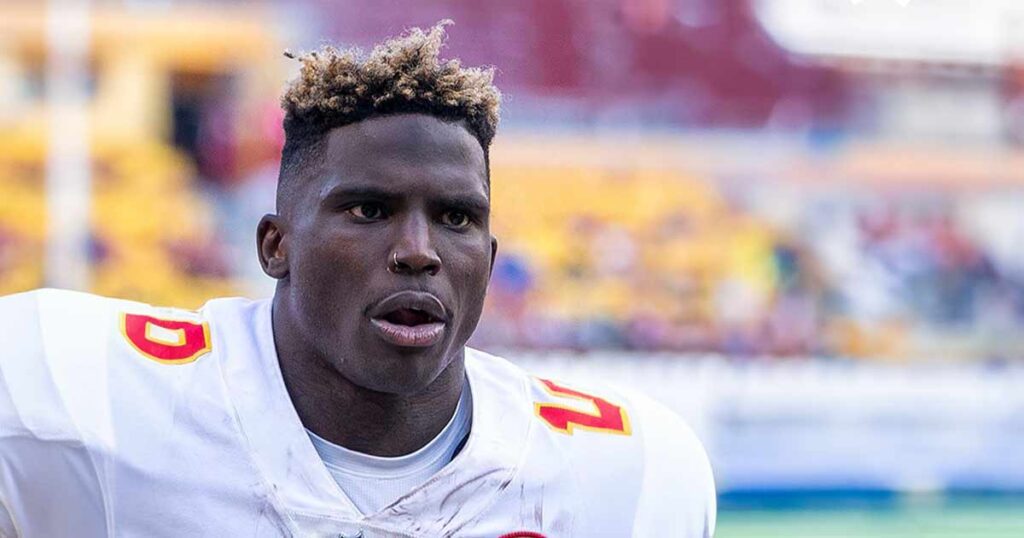
By Michael J. Langley | September 2024
Florida Justice Institute, Executive Director
Sports have long been a catalyst for social progress–with athletes, teams, and leagues ushering in widespread change:
- Jesse Owens (1936) and John Carlos and Tommie Smith (1968) during their respective Summer Olympic games
- Jackie Robinson credited with breaking Major League Baseball’s color barrier (1947)
- University of Texas-El Paso, formerly Texas Western, men’s basketball NCAA tournament run (1966)
- Muhammad Ali’s opposition to the Vietnam War and the Cleveland Summit featuring Ali, Jim Brown, Bill Russell, and Lew Alcindor (better known as Kareem Abdul-Jabbar) in 1967
- Miami Heat demonstration donning hoodies to commemorate the death of Trayvon Martin (2012)
- “I Can’t Breathe” and “Hands Up; Don’t Shoot” demonstrations in the NBA and NFL after the killings of Eric Garner and Michael Brown at the hands of law enforcement (2014)
- Maya Moore’s pursuit of prosecutorial and criminal justice reform (2019)
- WNBA’s influence on the NBA and NBA in social justice direct actions after the deaths of George Floyd, Breonna Taylor, Ahmaud Arbery, and others (2020)
There are many more examples but one thread stitches all of them together: They used their platforms to highlight an important societal topic–only to receive scorn from certain segments of the population who wanted to be entertained by Black excellence but refuse to embrace the Black experience.
The recent traffic stop involving Miami Dolphins wide receiver Tyreek Hill once again illustrates the complex dynamic between the treatment of Black and Brown communities by law enforcement and how personal accountability intersects with systemic issues.

Although I am nowhere near as gifted as Tyreek, my regular interactions with law enforcement started as a player at the University of Miami through the “Canes on Patrol” program that provided ridealongs with various police departments. Some teammates were even inspired to pursue that path once their playing days ended.
I’ve worked with security details for a sitting mayor and governor, been face-to-face with President Clinton’s former CIA director, and as recently as March 2023, participated in and completed the FBI Citizens Academy. That’s not to mention the Secret Service screenings I went through to be in the same room as the current Vice President Kamala Harris that very same month.
I’ve had both positive and negative interactions with law enforcement officers. That’s all irrelevant.
In many ways, it doesn’t matter how one behaves in these circumstances because we’ve seen examples of excessive force that resulted in death when the victim posed no legitimate threat.
I only offer the above context because some people will never be satisfied despite firsthand accounts or empirical data.
In 2016, another football player at the height of his game attempted to shine a light on the policing gap in communities of color, Colin Kaepernick. Kaepernick’s decision to kneel sought to raise awareness about the exact issue Tyreek experienced over the past week.
While he may not be the perfect messenger to many, Hill’s reflection on the incident—about handling some elements of the stop better—shows a willingness to take personal responsibility. But it also shouldn’t distract us from the larger problem of how routine traffic stops involving Black men too often escalate unnecessarily.
Think about a time when an officer stopped you or someone you know:
- Were you happy at that moment?
- Were you cognizant of what the officer said you did before the stop?
- If no to either of those, why is it always incumbent upon the motorist to grin and bear it?
This interaction underscores that sports figures like Tyreek Hill may have fame and fortune, but they are not immune to the systemic injustices that many Black Americans face daily. Hill’s case demonstrates that even those with notoriety can be the target of disenfranchisement and dehumanization based on their race. Unfortunately, many times over ego.
It is unrealistic and impractical for civilians to fully regulate their emotions in such stressful scenarios every single time. To be clear, I don’t expect officers to always be in the best mood, however, a license to kill that the state sanctions requires the need for law enforcement to be held to the highest standards of conduct as society entrusts them as trained professionals.
At Florida Justice Institute (FJI), we continue to advocate for smarter reforms that reduce bias, enable accountability, and protect the rights of all Floridians.
While Tyreek has means, Floridians deserve access to justice no matter how much they earn. His experience serves as a powerful reminder that despite progress, racial disparities in law enforcement persist.
These types of incidents are precisely why Florida needs civilian review boards. Meaningful reform requires independent oversight of law enforcement agencies.
Michael Langley
Executive Director, Florida Justice Institute
